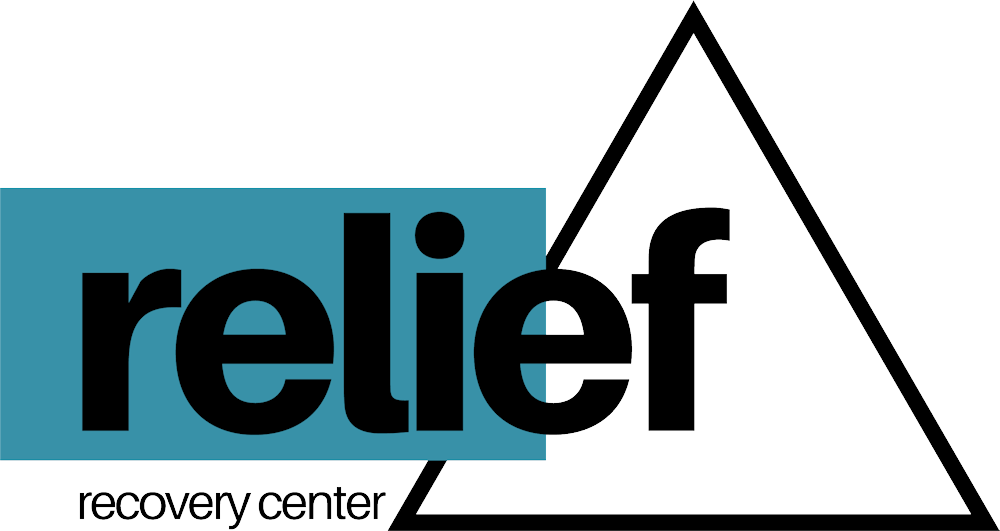The Role of Community Centers in Supporting Recovery – Highlighting How Local Community Centers Can Aid in the Recovery Process
The journey of recovery from substance use disorders can be long and challenging. While professional addiction treatment lays a vital foundation, ongoing support is equally crucial for maintaining sobriety and building a fulfilling life. This is where community centers in supporting recovery play an indispensable role. These local hubs offer a wide range of resources, services, and spaces that can significantly aid individuals in their recovery process.
What are Community Centers?
Community centers are neighborhood-based facilities that provide a variety of programs, services, and activities to the local population. They often serve as a gathering place for people of all ages, backgrounds, and interests. In the context of recovery, community centers offer safe, welcoming, and supportive environments where individuals can connect with others, rebuild positive social networks, and access resources that promote long-term wellness. Furthermore, these centers frequently offer a sense of belonging and camaraderie, which can be especially powerful for those navigating the challenges of recovery.
How Community Centers Support Recovery
Community centers can assist individuals in recovery in several ways:
-
-
-
Peer Support Groups and Meetings: Many community centers host peer support groups like 12-step programs (such as Alcoholics Anonymous and Narcotics Anonymous) and other recovery-focused meetings. These groups provide a space for individuals to share their experiences, challenges, and successes with others who understand the unique aspects of the recovery journey.
-
Sober Social Activities: Community centers often organize sober social events, such as game nights, movie nights, potlucks, and outdoor activities. These events allow individuals in recovery to have fun, build friendships, and practice healthy social interactions in a substance-free environment.
-
Educational Workshops and Classes: Community centers may offer educational workshops on topics relevant to recovery, such as relapse prevention, stress management, coping skills, and healthy living. These workshops can help individuals gain valuable knowledge and tools to support their ongoing recovery process.
-
Recovery Coaching and Mentorship: Some community centers provide recovery coaching or mentorship programs that connect individuals in recovery with experienced mentors who can offer guidance, support, and accountability. This one-on-one support can be invaluable in navigating the challenges of early recovery.
-
Volunteer Opportunities: Volunteering at a community center can be a rewarding way for individuals in recovery to give back to their community, build self-esteem, and develop a sense of purpose.
-
Access to Resources: Community centers often have information and resources related to addiction treatment, mental health services, housing assistance, employment support, and other essential needs for individuals in recovery.
-
-
The Importance of Community Connection in Recovery
One of the most significant benefits of community centers in supporting recovery is the opportunity for social connection. Addiction often leads to isolation, and rebuilding a healthy social support system is crucial for long-term sobriety. Community centers provide a space where individuals can form new friendships, develop a sense of belonging, and receive encouragement from others who are on a similar path. Ultimately, this sense of community provides a safety net and a source of strength during challenging times.
Additional Benefits of Community Centers
Beyond their direct role in recovery support, community centers offer several other benefits that can indirectly promote wellness and prevent relapse. These advantages can significantly boost an individual’s overall quality of life, providing a foundation for sustained recovery:
-
Physical Activity: Many community centers have fitness facilities, offer exercise classes, or organize sports leagues. Regular physical activity can improve physical and mental health, reduce stress, and provide a healthy outlet for energy. Moreover, exercise can boost mood, reduce anxiety, and improve sleep patterns – all of which are vital for navigating the challenges of recovery.
-
Creative Expression: Community centers may offer art classes, music programs, or other creative activities. These outlets can help individuals express themselves, process emotions, and discover new passions. Engaging in creative activities can foster relaxation, offer an emotional release, and provide a sense of accomplishment.
-
Skill Development: Some community centers offer job training programs, vocational classes, or other skill-building opportunities. These resources can help individuals in recovery improve their employment prospects and build financial stability. Practical skills and a stable income are crucial elements in creating a sustainable and fulfilling life in recovery.
Finding a Community Center Near You: Focus on Falmouth, MA
If you’re located in or around Falmouth, MA, here are some resources to help you find community centers that support recovery:
-
Falmouth Peer Recovery Center: The Falmouth Peer Recovery Center is dedicated to providing support services for individuals in recovery. They offer various peer-led support groups, educational workshops, social activities, and access to recovery resources.
- Town of Falmouth Website: The Falmouth town website often lists community events and resources. Check their calendar or community services section for recovery-related activities or support groups hosted at local community centers.
-
Online Directories: Websites like the Substance Abuse and Mental Health Services Administration (SAMHSA) offer searchable directories of treatment centers and support services, including community centers focused on recovery.
What to Look For in a Community Center
When choosing a community center, consider the following factors:
- Types of Support Groups: Do they offer the type of support group that aligns with your needs and preferences (e.g., 12-step, SMART Recovery, secular support groups)?
- Schedule: Are the support groups, activities, and workshops offered at times that work with your schedule?
- Atmosphere: Visit the community center if possible to get a sense of the environment. Does it feel welcoming, safe, and comfortable?
- Accessibility: Is the center easily accessible by public transportation or does it have ample parking?
The Power of Community
Remember, recovery is an ongoing journey, and having a strong support system is essential. Community centers supporting recovery can provide a sense of belonging, accountability, and access to resources that can make a significant difference in your long-term success. In fact, a sense of community can be a powerful antidote to the isolation that often accompanies addiction.
Within community centers, individuals find others who understand their struggles and triumphs. This shared experience creates a unique bond and fosters a sense of acceptance. Additionally, the support found in these centers can provide much-needed accountability, helping individuals stay on track with their recovery goals. Moreover, community centers often connect people to vital resources, expanding an individual’s support network and the range of tools at their disposal.
Don’t hesitate to reach out and explore the support that’s available in your area. By embracing the power of community, you can gain strength, resilience, and the tools you need to build a fulfilling life in recovery.



